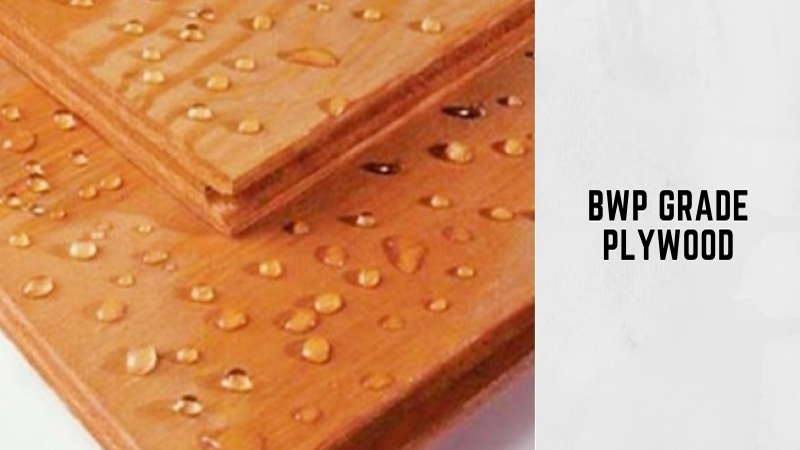Plywood, a commonly used building material, is known for its versatility and durability in the construction and design industry. It is produced by bonding thin layers of wood veneers together in a cross-grain configuration, which enhances its strength and durability.
One of the popular types of plywood in the market today is the BWP grade SAINIK plywood. The term “BWP” refers to the plywood’s ability to resist water and moisture, making it suitable for use in areas that have high humidity and moisture exposure, like bathrooms and kitchens.
CenturyPly manufactures the SAINIK 710 BWP-grade plywood. CenturyPly is known for producing quality, durable, and affordable plywood products, making the SAINIK 710 plywood a top choice among architects, designers, and builders.
Advantages Of Using BWP Grade Sainik Plywood In High Moisture
BWP grade Sainik 710 plywood is a type of plywood that is specifically designed to endure high levels of humidity and moisture. It is constructed using high-quality hardwood and a unique type of resin, which grants it high resistance to water and moisture. Utilizing BWP-grade Sainik plywood in high-moisture environments has several advantages, such as being water-resistant, durable, and easy to work with.
1. Water-resistant:
The primary advantage of using BWP-grade Sainik plywood in high-moisture environments is that it has water-resistant properties. This type of plywood is treated with a specific type of glue that makes it highly resistant to water, preventing it from getting damaged due to exposure to moisture or warping.
2. Durability:
BWP-grade Sainik 710 plywood is highly durable and can endure harsh environmental conditions. It is intended to resist the effects of water, termites, and other pests, making it a reliable option for use in high-moisture environments.
3. Strength:
This type of plywood is made from high-quality hardwood, which makes it sturdy and robust. It can withstand heavy loads and can be used for various applications.
4. Easy to work with:
Despite its strength and durability, BWP-grade Sainik 710 plywood is also easy to work with. It can be easily cut, drilled, and shaped to fit specific requirements, making it a versatile option for various applications.
5. Cost-effective:
While BWP grade Sainik 710 plywood may be more expensive than other types of plywood, it is a cost-effective option for use in high moisture environments. Its durability and water-resistant properties mean that it is less likely to need frequent replacement, making it a more economical choice in the long run.
Resistance To Moisture
To achieve moisture resistance, BWP grade SAINIK plywood combines several factors. The quality of the wood used, the bonding material, and the manufacturing processes all play a critical role.
Firstly, the wood used in BWP grade SAINIK 710 plywood is chosen based on its moisture-resistant properties. The wood is usually sourced from tropical regions with humid and wet climates. After being selected, the wood is carefully dried and treated to remove any moisture, ensuring optimal conditions for use in the plywood.
Secondly, the bonding material used to glue the layers of wood together is essential for the plywood’s moisture resistance. Phenol formaldehyde resin is used as the bonding agent in this type of plywood. This resin has excellent water resistance, making it ideal for use in plywood that will be exposed to moisture.
The Bottom Line
In summary, BWP-grade SAINIK 710 plywood is highly advantageous for high-moisture environments due to its unique composition. The plywood’s exterior layer is made from high-quality hardwood, while the interior core is composed of waterproof resin. These properties make it highly resistant to water, moisture, and humidity. The plywood is an ideal choice for various applications such as kitchen and bathroom cabinets, and other water-based constructions, as it provides long-lasting durability and strength.



